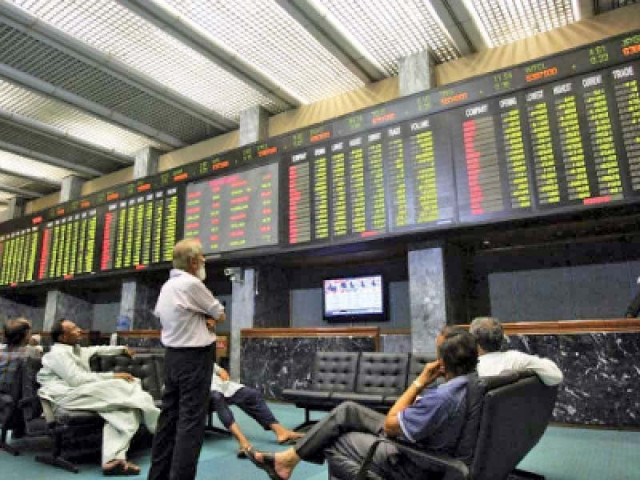'Trade tensions can lead to market crash'
IMF urges institutions to hold enough funds to deal with losses

Major geopolitical risk events, including trade tensions, can trigger large corrections in stock prices, the International Monetary Fund (IMF) said in a report on Monday. That in turn can generate market volatility, which can threaten financial stability, it said in a chapter from its forthcoming Global Financial Stability Report.
The IMF did not mention specific events, such as the sweeping tariffs US President Donald Trump has announced in recent weeks. But it noted that news-based measures of risk, including conflicts, wars, terrorist attacks, military spending and trade restrictions had increased sharply since 2022.
In an accompanying blog, the IMF urged financial institutions to hold enough capital and liquidity to help them deal with potential losses from geopolitical risks, and urged them to use stress tests and other analyses to identify and manage such risks.
In its report, the IMF said its research had shown that big risk events such as wars, diplomatic tensions or terrorism sent stock prices down an average one percentage point monthly across all countries, with the average drop for emerging markets being 2.5 percentage points.
International military conflicts, such as the Russia-Ukraine war in 2022, were the most significant risk events, pushing stock returns down an average five percentage points monthly, twice the level of other geopolitical risk events. The IMF is due to release the full report at its spring meetings with the World Bank in the week of April 21. Trump's tariff announcements will likely dominate the meetings.























COMMENTS
Comments are moderated and generally will be posted if they are on-topic and not abusive.
For more information, please see our Comments FAQ